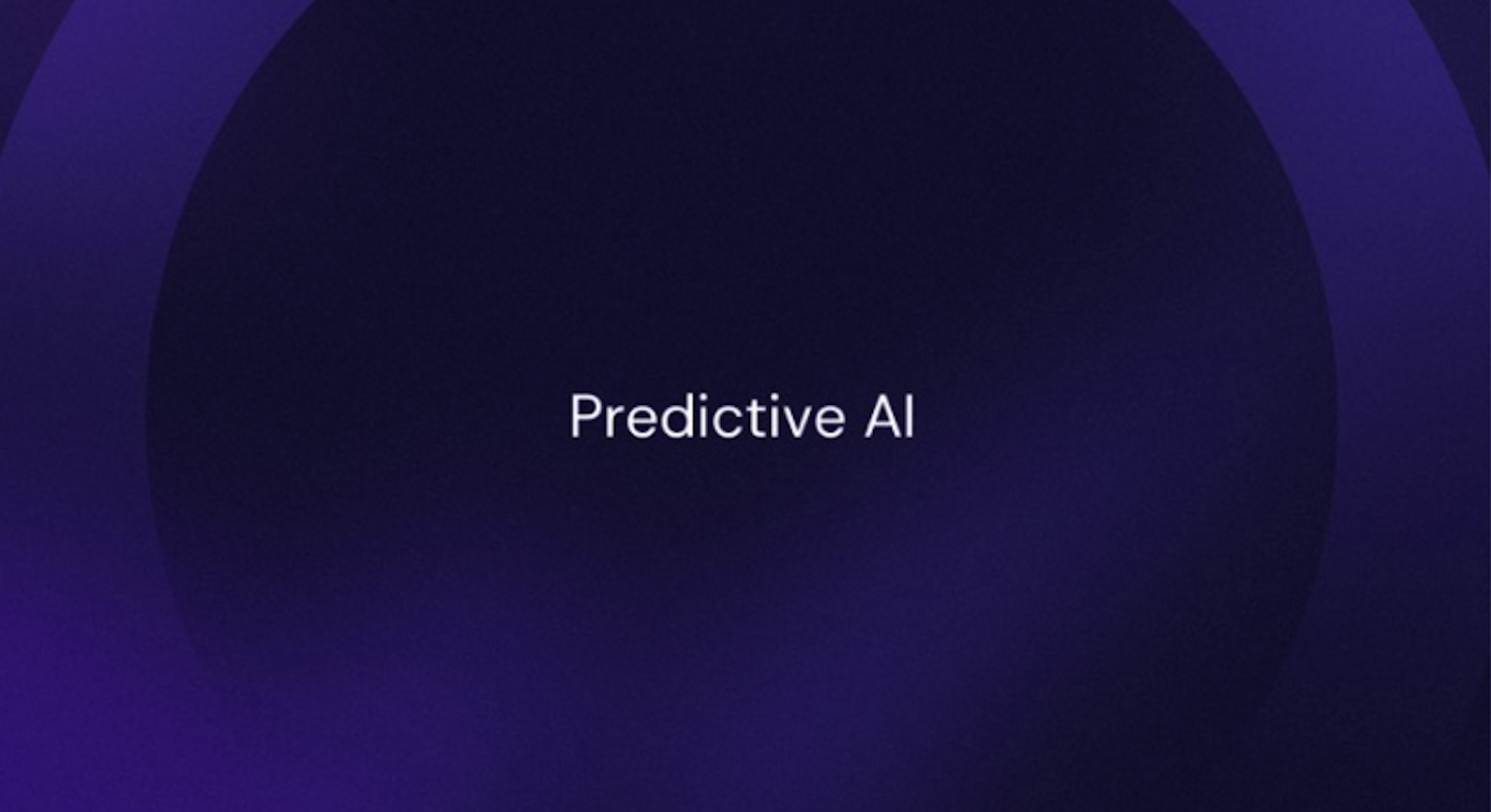Predictive AI: Its Applications and Advantages

- 18 Mar 2024
Why is it in the News?
Predictive AI is revolutionizing data analysis, decision-making, and industry leadership, offering businesses unprecedented insights and strategic advantages.
What is Predictive Artificial Intelligence (AI)?
- Predictive artificial intelligence (AI) utilizes machine learning techniques to analyze historical data and forecast future events, distinguishing it from traditional AI focused solely on retrospective analysis.
- This cutting-edge technology employs advanced algorithms and machine learning models to sift through extensive datasets, identifying subtle patterns and trends.
- Unlike conventional approaches, Predictive AI doesn't just analyze data; it transforms it into actionable insights, enabling organizations to:
- Anticipate future outcomes,
- Predict market shifts, and
- Make strategic decisions with unprecedented foresight.
- By continuously learning from past data and adapting to changing trends, Predictive AI becomes an invaluable tool, guiding businesses through uncertain landscapes.
How Predictive AI Work?
- Leveraging Big Data: Predictive AI relies on access to extensive datasets, often referred to as "big data," as larger datasets typically lead to more accurate analyses.
- Utilizing Machine Learning (ML): As a subset of AI, ML involves training computer programs to analyze data autonomously, without human intervention.
- In the realm of predictive AI, ML algorithms are applied to vast datasets to extract valuable insights.
- Autonomous Processing: Predictive AI models are capable of autonomously processing massive datasets, eliminating the need for human oversight.
- Pattern Recognition: Through ML techniques, predictive AI learns to recognize patterns within datasets, associating specific data points or occurrences with potential future events.
- By examining numerous factors, predictive AI can identify intricate patterns indicative of recurring events, enabling organizations to anticipate future outcomes effectively.
Difference Between Predictive AI and Generative AI:
- Predictive AI and generative AI both employ machine learning techniques and leverage extensive datasets to generate their outputs.
- However, while predictive AI utilizes machine learning to forecast future outcomes, generative AI employs machine learning to produce original content.
- For instance, a predictive AI model may inform fishermen about impending storms, whereas a generative AI model may craft a fictional narrative depicting various scenarios involving weather and fishing expeditions.
- While both types of AI rely on statistical analysis to discern patterns, their objectives, machine learning methodologies, and applications differ significantly.
Various Applications of Predictive AI:
- Assessing the Impact of Natural Disasters: With the recent eruption of a volcano in Iceland, the potential repercussions on air travel echo concerns from a similar event in 2010, which disrupted flights across Europe.
- Predictive AI leverages data analysis to identify patterns and anticipate the impact of such extreme weather events on air travel. Platforms like Yandex offer interactive maps for real-time monitoring of ash clouds post-eruption.
- Enhancing Oil and Gas Exploration: In the realm of oil and gas exploration, companies possess extensive historical geological data that can inform predictive AI systems.
- By analyzing past drilling successes, these systems can predict optimal locations for new oil wells.
- For instance, Saudi Aramco utilizes its meta-brain generative AI to optimize drilling plans, analyze geological data, and forecast drilling outcomes accurately.
- By analyzing past drilling successes, these systems can predict optimal locations for new oil wells.
- Inventory and Supply chain management: Predictive AI aids in inventory and supply chain management by identifying peak consumer demand periods, facilitating proactive stock adjustments, and optimizing resource allocation to address fluctuations in road congestion and meet increased user demands.
- Marketing campaigns: Just as predictive AI can anticipate user or customer behavior, it can help prognosticate what kinds of content or products prospective customers may be interested in.
- Advancing Medical Research: Predictive AI plays a pivotal role in drug discovery, a cornerstone of contemporary medical research.
- Pharmaceutical companies are increasingly collaborating to leverage predictive AI models for analyzing vast datasets and identifying potential drug candidates. Initiatives like the 'MELLODDY Project', supported by the EU Innovative
- Medicines Initiative and multiple pharmaceutical firms, exemplify this collaborative effort in pooling data and leveraging predictive AI for drug discovery.
